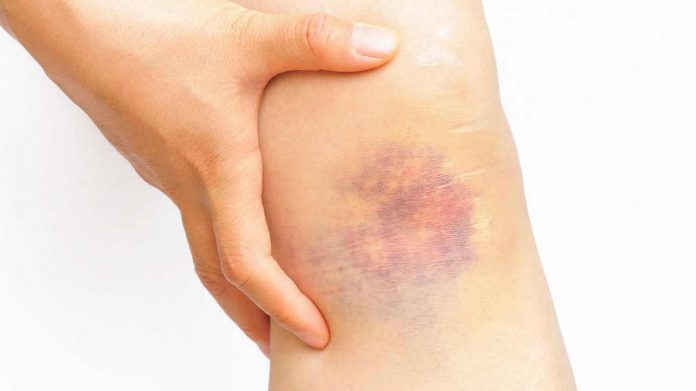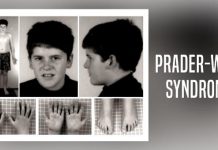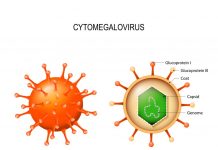Ever wondered exactly what a bruise is? Here is information on how a bruise occurs, the types of bruises and the various treatments.
Bruises occur when a person has suffered a bump or knock to a certain part of their body. A bruise, sometimes called a contusion, appears because small veins and capillaries in surrounding tissue break, causing blood cells to leak into the skin. The black, purple, blue or yellow color is caused from the blood vessels collecting under the skin.
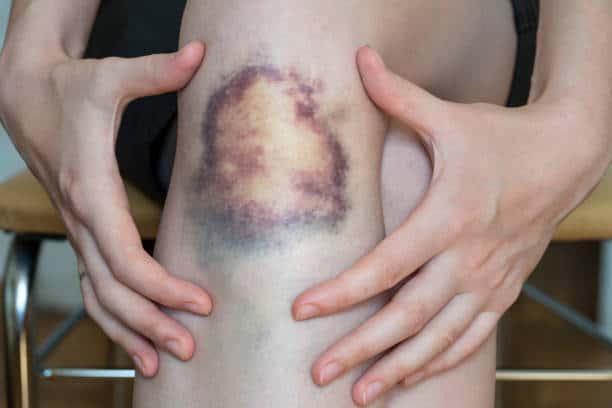
Types Of Bruises
There are three types of bruises. These are:
- Subcutaneous
- Intramuscular
- Periosteal
A subcutaneous bruise is possibly the most common of the three types and it is the least painful. Blood vessels that are directly beneath the skin are the ones damaged in subcutaneous bruising. Subcutaneous bruising occurs after a softer impact than intramuscular or periosteal bruises.
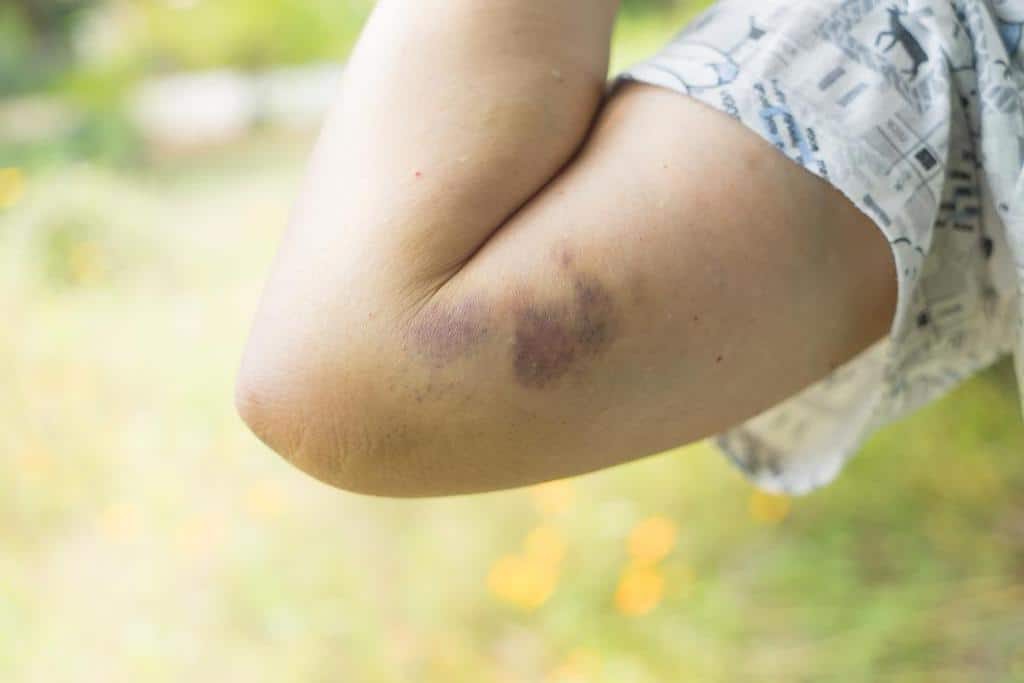
Intramuscular bruising is when the blood vessels of the muscle are damaged. This type of bruise is more painful then subcutaneous bruising as it is deeper and often results from a much harder knock than a subcutaneous bruise, and may take longer for the bruise to disappear.
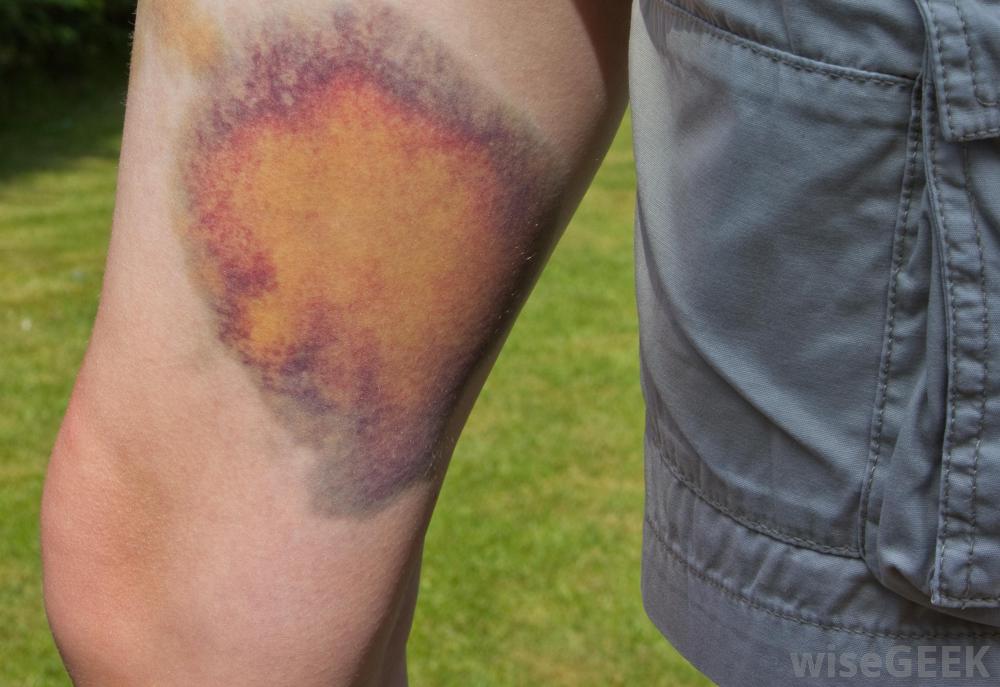
A periosteal bruise is when the blood vessels as well as the outer layer of bone (cortex) is damaged. This type of bruising is very painful and if a large amount of the cortex is damaged, it may actually be a bone fracture, so that needs to be ruled out by a doctor who may take x-rays.
This type of bruise would occur after a very hard knock and the bruise would take much longer to heal than a subcutaneous or intramuscular bruise. A doctor would need to determine how much damage has occurred to the cortex so he may treat the injury accordingly.
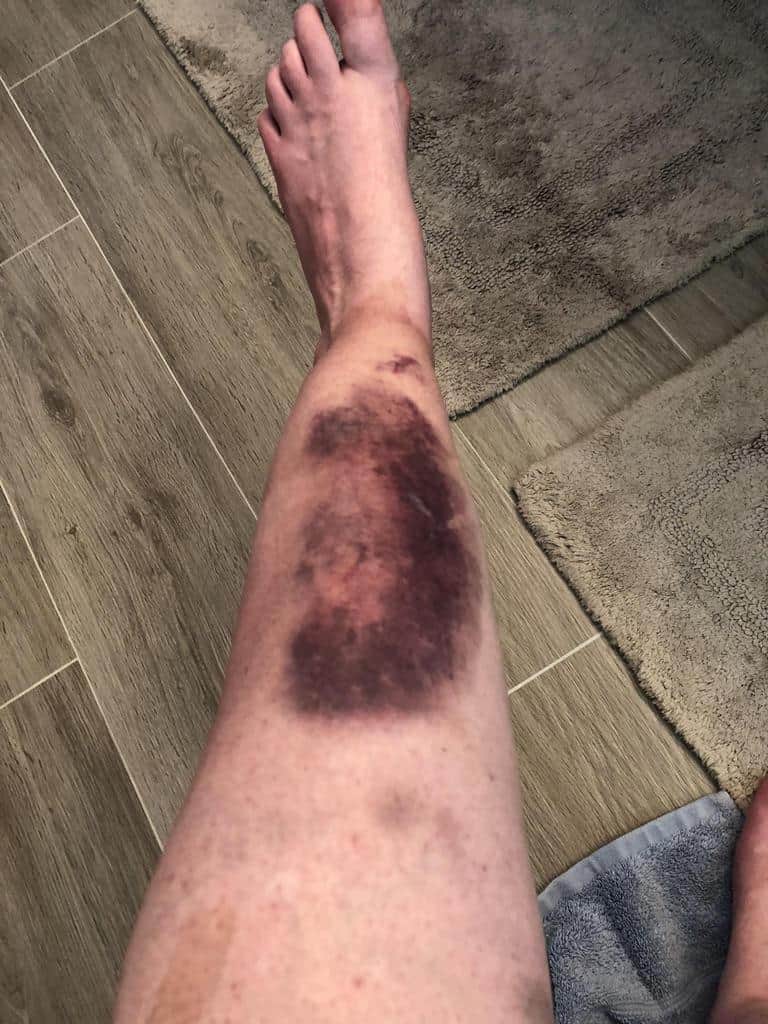
The Healing Process Of A Bruise
As a bruise heals, it will undergo a series of color changes. This process is the body metabolizing the blood cells that have collected in the skin.
The color of the bruise is an approximate indication of the age of the bruise, however, a more serious bruise like a periosteal bruise, will take longer to go through the phases (What does a bruise look like, and why does it change color?, MedicineNet.com).
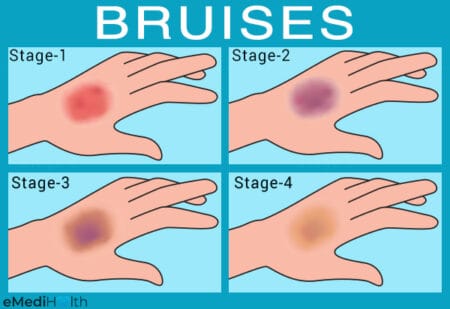
- Day one – initially the bruise will be red or a bit purple
- Day two – after a day or two, the bruise will become blue or a darker purple
- Day six – the bruise will appear green in color
- Day nine – at this stage the bruise will look yellow or brown
- Two to three weeks – the bruise should have healed by now leaving the skin normal again
Why Some People Bruise More Easily Then Others
Some people bruise more easily then others. Reasons this may occur are due to the age of the person, medications and any blood abnormalities they may suffer from. An older person will bruise more easily then a younger person because the blood vessels are more fragile in the elderly.
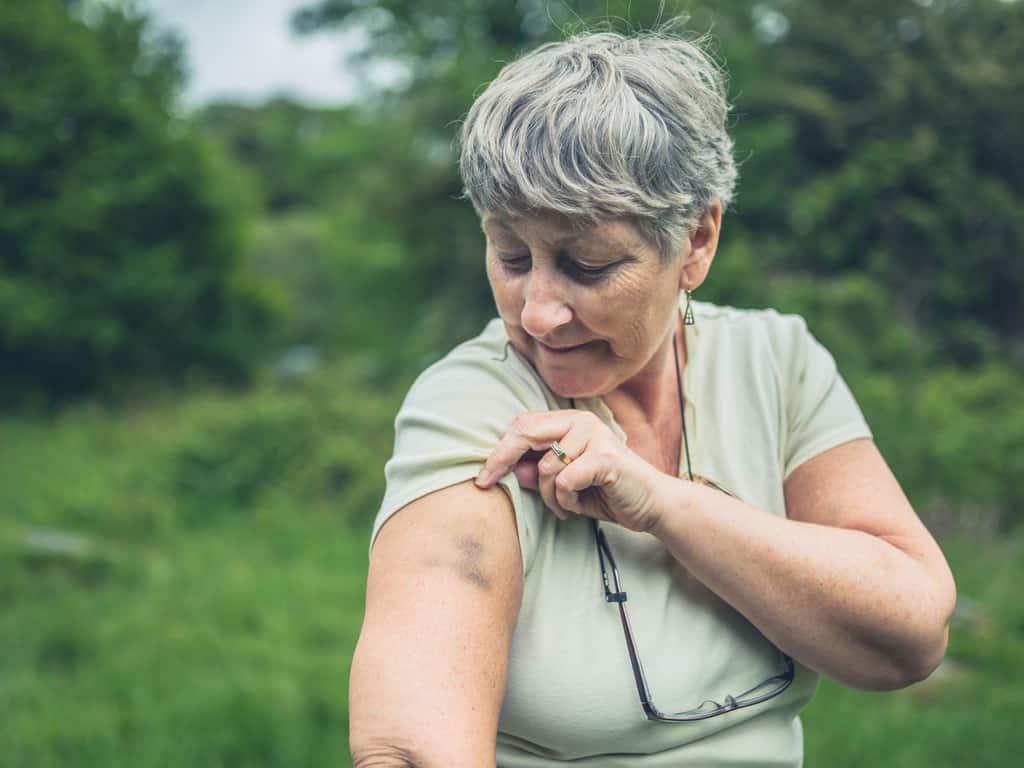
If a person were taking medication that reduces blood clotting (blood thinners), they would be more prone to bruising, as would anyone suffering from blood cell abnormalities or blood clotting abnormalities (Why do bruises occur more frequently in some people than in others?,MedicineNet.com).
Treatment Of A Bruise
The treatment of a bruise is to ice the area for approximately 10–15 minutes after the injury has occurred. Raising the injured part of the body to allow the blood to flow back to the heart may help and a bandage can be applied to minimize the swelling, once the ice has been removed.
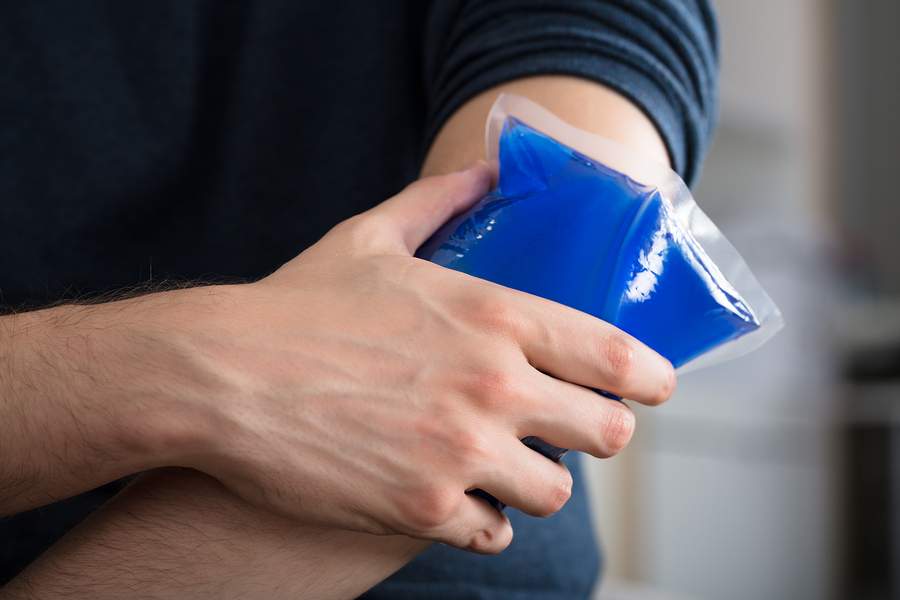
If the skin bruises easily, it could be potentially due to a Vitamin C deficiency (Bruising, Blackmores.com.au), however, it is best to visit a doctor to rule out anything more serious if bruising is frequent.


